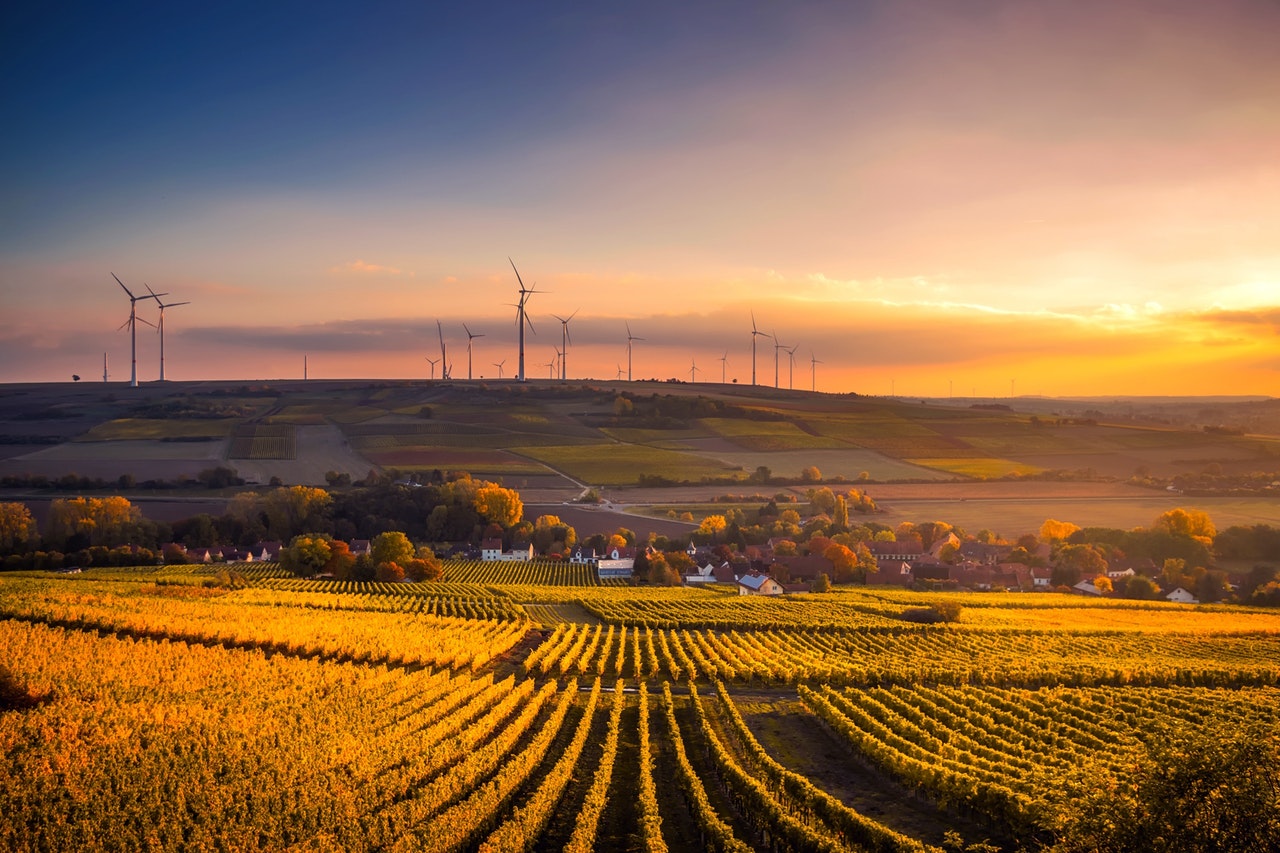Authors | Sources
Severin Renold

Severin Renold
Investments and Sustainability
Alcohol is known to be a bone of contention. Some despise it as the worst legal drug of all, others see it as a cultural asset – after all, there are thousands upon thousands of brewers, winegrowers and distillers in Germany in particular who have been following their craft for generations, including in Switzerland with over 1000 types of beer. In addition, alcoholic beverages are an integral part of social life in many parts of the world. On the other hand, if families break up and livelihoods are ruined because of the side effects of alcohol, do people who earn money with alcohol act ethically and do society any good in the long term?
The question of whether it is ethical for animals to die for drugs that cure people is at least as difficult. The list of these questions of meaning could easily be continued. Each question in itself points to the dilemma that everything that can be regarded as good, sensible and sustainable also has its dark side.
For investors who want to invest sustainably, this means first and foremost that they have to look within themselves to find out what is important to them personally. Because everyone is different, everyone has certain values that they live by and therefore also want to invest. Consequently, this also means that investors who want to invest according to certain principles must also be flexible. In 2006, for example, the pharmaceutical company Bayer was thrown out of many funds of Catholic banks. At the time, the Leverkusen-based group took over Schering, one of the largest German manufacturers of the contraceptive pill – a sin from a Catholic perspective. Here too, there are plenty of companies that have changed back from Paul to Saul under the perspective of certain investment philosophies. The following is therefore an extract from the cosmos of sustainable investments.

Not living on the substance
But first of all, let’s look at the term sustainability itself. Basically, sustainability means nothing other than not living on the substance. The term was coined a good 300 years ago by Hans Carl von Carlowitz, a Saxon civil servant. He wrote the first comprehensive work on forestry and came to the conclusion that it only makes sense to cut as much wood from the forests as can grow back.
Especially in the past 30 years the term has made a career outside of forestry. Today, sustainability is often used synonymously with ESG criteria (environment, social, governance). According to this interpretation, sustainability stands for many things that are environmentally or socially compatible or can be described as good corporate governance. The last point means in concrete terms that corruption is outlawed and that states and companies take care to operate successfully in the long term, even if this means above all for companies to leave short-term profits behind.

Less return? The hell it is!
Contrary to what critics may object, what is described as sustainable – provided it is consistently pursued – is by no means unworldly idealism, but is driven by tangible economic interests. In plain language: Those who act according to certain criteria of sustainability – whether socially, ecologically or ethically motivated – do not have to make any concessions in terms of profit, at least in the medium and long term. Many studies prove this.
Most studies come to the conclusion that sustainable investments generate just as much return as conventional ones for the same risk – if not more, says Professor Alexander Bassen, member of the German government’s Sustainability Council. Researchers at Kassel University have already compared sustainable and conventional funds of the same fund company in 2014. Their result: As a rule, sustainable products were ahead. “It is an old wives’ tale that sustainability costs returns,” says study director Christian Klein.
There are hardly any restrictions in the selection process. Sustainable investment products, whether in the guise of funds or bonds, have developed over the years like organic food. While 20 years ago, organically produced food was only available in health food stores and health food shops, it is now available in every supermarket. In the nineties of the last century, there were practically no sustainable investments in Germany and Switzerland. It was not until mid-1996 that the Öko-Vision Classic, the first equity fund for private investors that also took ecological and ethical aspects into account in its investments, came onto the market.
According to the Scope rating agency, German investors can currently choose from well over 400 investment funds that take sustainability aspects into account. Around 100 funds have been added since 2015. And none of these funds is like the other; in addition to funds that have broad investment rules or exclude entire industries, there are also theme funds that only take individual industries into account – such as water funds.
Sustainability is in vogue: the volume of sustainable investments is increasing worldwide. In Germany, Austria and Switzerland, according to the Forum Nachhaltige Geldanlagen, around 419.5 billion euros are now invested in this way, around 29% more than at the end of 2016. What sounds like a large sum of money, however, represents only one twentieth of the total market.

Pure teaching or top of the class?
Many investors seem to be guided by a portfolio theory according to which the return decreases the smaller the investment universe becomes. And the stricter and more diverse the exclusion criteria are, the smaller it becomes. Representatives of the pure theory like Thomas Jorberg, boss of the social-ecological GLS bank, does not challenge that. Who wants to put on on a long-term basis money, goes with strict criteria better. His favourite example are fossil energies such as oil, coal and gas: “In 2050 these energy sources will become scarce, who invests here today as a long-term investor, is obviously in deep sleep”. For investors who do not want to proceed quite so dogmatically or who want to keep their investment universe a little larger, there is the “best in class” investment approach. Here, no industry is excluded as a matter of principle, but only those companies that are best in certain aspects are invested in.
Another problem: the term “sustainable” is not protected. There is therefore a constant debate about what is sustainable – and what is not. Although specialized rating agencies have long been in existence, they are by no means universally and fully recognized. These include Imug, Oekom Research, RobecoSAM, Sustainalytics and Vigeo Eiris. In addition to economic data, they also use information on environmental and social standards and corporate governance. The EU Commission is working on uniform standards to create more transparency for investors. Whether and when these will come and to what extent they can actually help investors find their way around is still open, however.
It probably remains the case that anyone who wants to invest sustainably should first clarify what exactly they want. And then he has to take another close look at whether the investment delivers what it promises.